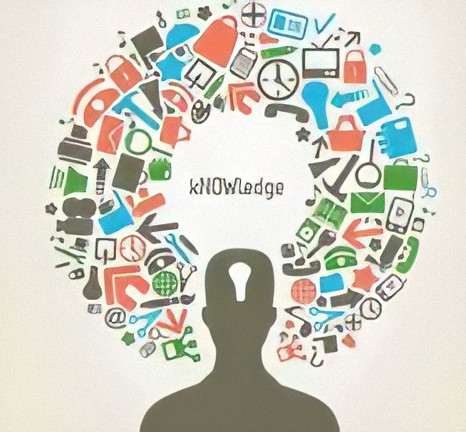By Aznan Mat Piah
In the early days, those sitting for the Higher School Certificate (HSC) examination (the Malay equivalent of Sijil Tinggi Persekolahan Malaysia or STPM), it is a must that you have to sit for a paper called General Paper or in short it is known as ˜GP. Those of my generation might recall and share the same feeling about such class. The subject was taught while we were in lower six and continued in upper six.
Among others, the subject taught students current affairs or knowledge about anything on earth that interest the students. The subject was wide ranged and might touch on politics, history, culture, religion, economy, environment, business, international relations, sports or anything at all. I found this subject very interesting because it taught and motivated the students to do more extensive reading, not necessarily academic books, but newspapers and magazines or journals whereby students were encouraged to examine relevant issues and discuss in groups. And after that students were required to write an essay based on the discussions. The written essay had to be critical or analytical or to add commentary to reflect their views on the topic.
This had forced students not only to read and digest the news items to understand certain development pertaining to the issues, but also to pay attention to feature articles, critiques, commentaries or editorial comments. By reading these sorts of materials students would be able not only to grasp the contents but also to acquire the ability to analyse how issues were being reported, presented and organised or even slanted or critiqued.
The subject not only aimed at provoking students thought on certain topic but intended to also sharpen their mind on how they look at the situation. This is where we were taught to analyse, summarise and to critique issues. So, in order to be able to see things in the wider context students were encouraged to do extensive reading on current affairs.
Thats the beauty of learning this subject. By the time, a student joins the university or institutions of higher learning he or she will be able to apply the thinking skills in acquiring further knowledge not only in terms of the specific principles, concepts and theories per se but to be able to see their relevance and application in real life situation. Although currently some students joining the university are following a different system such as through one-year or a one-year and the half foundation course, similar skills and knowledge that they acquired at pre-university level would be most relevant later on when they joined the university.
I find the general knowledge or the GP way very useful when I ventured into communication field in the 32 years of my career (after graduating) in the public sector in public diplomacy, information and public relations work wherever I was posted whether at home or abroad.
When I joined the university to take up a teaching post more than ten years ago after retirement from the government service, the first thing that I did was to get the students involved in discussions over topics in the courses that I taught. I had tried to put such knowledge and skills in teaching the students so as to open up their minds to participate in an intellectual discourse to relate to the bigger picture outside the university. I noticed even some first year students whom I taught were responding pretty well, but others were shy to participate perhaps because they did not have enough confidence or were lacking of appropriate knowledge in the topics. So, a number of them chose to remain passive.
To be able to participate well in class discussions, students must have the interest to do extensive reading beyond the class textbooks. The idea behind the move is to motivate students to develop their critical minds in terms of skills at analysing, critiquing or commenting on a number of issues that are taking place in society, with the view to understand the situations or issues and to suggest a possible solution to the problems, based on the knowledge or principles they have acquired. Students are therefore expected to produce their written assignments or group projects on the basis of greater analysis and critical thinking.
Admittedly, students having stronger grounds on current affairs and general knowledge are normally the ones who excelled in the courses as they develop maturity in thinking and approach. Given the skills and knowledge they have acquired I do expect them to be able to perform well in the job once they graduated. As often stressed by company managers and professionals, university graduates are expected not only to know the theoretical concepts, but the ability to apply their knowledge intelligently and adapt themselves to the working environment that requires a sharper mind and wisdom in delivering their tasks efficiently.
A CGPA of 3.5 and above alone will not guarantee graduates the jobs they applied for, but rather the potential and ability at critical thinking in applying the knowledge to the best advantage of the organisation counts the most. ***
